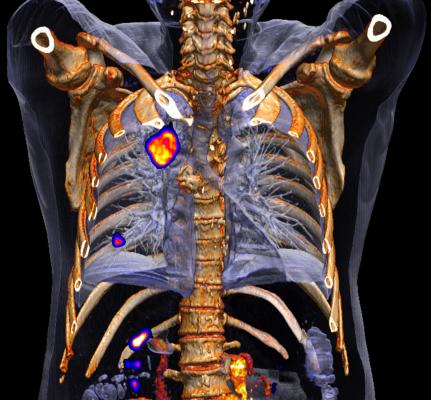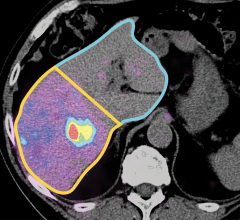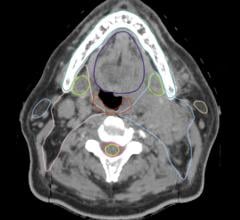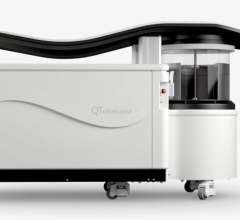
April 23, 2018 — Researchers from the Perelman School of Medicine at the University of Pennsylvania and four other institutions have received a five-year, $15.5 million National Cancer Institute (NCI) grant to improve lung cancer screening. Specifically, the focus will be on improving the effectiveness of screening, and increasing the delivery of screening in populations that experience disparities in early diagnosis, treatment and mortality.
The other grant-receiving institutions include:
- The Institute for Health Research at Kaiser Permanente Colorado;
- Kaiser Permanente Hawaii;
- The Henry Ford Health System in Detroit; and
- Marshfield Clinic Health System in Wisconsin.
The funding will establish the Center for Research to Optimize Precision Lung Cancer Screening (CPLS), one of three specialized cancer screening research centers under the Population-based Research to Optimize the Screening Process II (PROSPR II) initiative by the Healthcare Delivery Research Program at NCI. The center will develop a shared model data for a lung cancer screening data repository to conduct research on developing and testing ways to prevent underuse, overuse, and misuse of screening for lung cancer nationally.
The new center — co-directed by Chyke Doubeni, M.D., chair of family medicine and community health at the Perelman School of Medicine, and Debra P. Ritzwoller, Ph.D., of Kaiser Permanente — joins scientists from five health systems contributing to the NCI-funded Population-Based Research to Optimize the Screening Process II (PROSPR II) Initiative for lung, colon, and cervical cancer. PROSPR II promotes research focused on evaluating and improving cancer screening.
“Lung cancer disparities present an urgent public health crisis in most communities across the United States,” said Doubeni. “We’ve seen some hope in low-dose computed tomography [CT] screening to reduce the risk of lung cancer and also as an opportunity to promote smoking cessation treatments, but many questions remain about the best way to optimize the delivery of screening in our communities. I look forward to the collaborative work by these diverse institutions to tackle these issues in depth and develop best practices for improving the delivery and effectiveness of screening.”
Lung cancer is the highest cause of cancer deaths in the United States, according to the National Cancer Institute, taking the lives of an estimated 154,050 people annually. When performed in a timely manner, screening can find lung cancer at more treatable stages.
In addition to Doubeni, the interdisciplinary research team at Penn includes Mitchell Schnall, Anil Vachani, Despina Kontos, Katherine Rendle, Jason Roy, Fran Barg and Michael Horst.
For more information: www.med.upenn.edu


 April 23, 2024
April 23, 2024 








